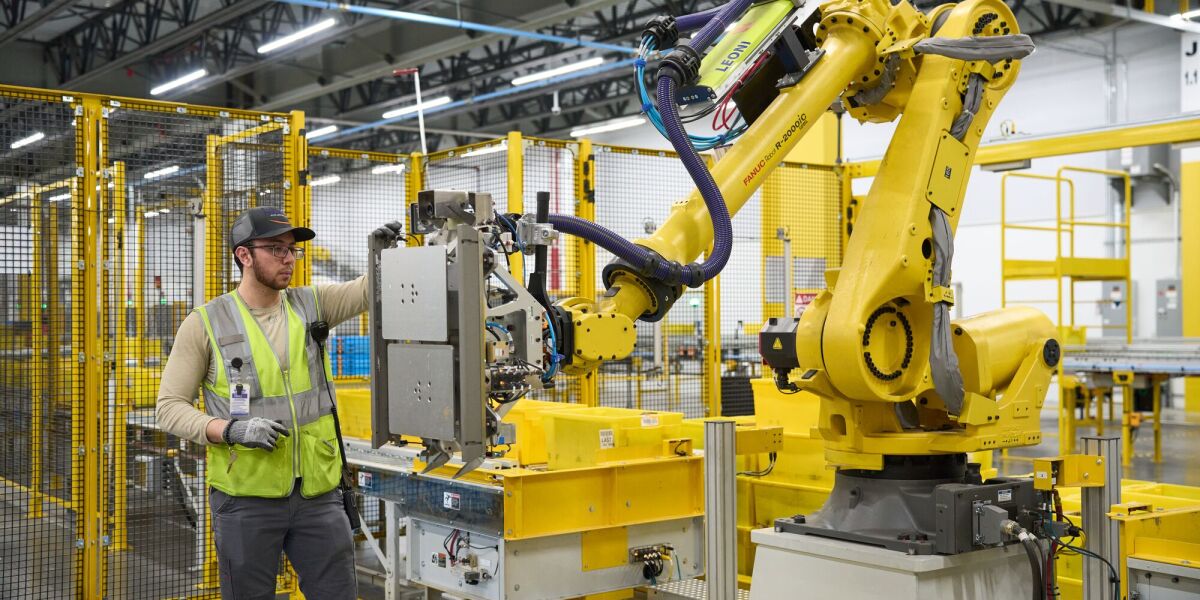Amazon hires from AI robotics startup Covariant, licenses technology

Amazon is hiring Pieter Abbeel, Peter Chen, and Rocky Duan and licensing Covariant’s robotic foundation models to advance the state-of-the-art in intelligent and safe robots.
Read Full Article...C4AIL Commentary
It is pretty clear by now that the new stragegy by large tech companies to continue performing M&A despite regulatory scrutiny is to perform thinly veiled acqui-hires of startups they had some level of investment in.
Instead of acquiring the company they acquire founder and key talent and license the company’s techology and IP or merely access to it. This effectively circumvents existing anti-trust review processes and drains the startup of its viability, leaving investors and non chosen employees holding the bag.
Big Tech: More equal than other investors
For many AI startups, investment from large tech companies is an initial blessing, but comes with strings attached, usually lock into the funding hyperscaler’s compute architecture in form of compute credits and platform committment (e.g. to Azure, Bedrock, GCP, etc) as part of the investment deal (for example seen with OpenAI and Microsoft, where much of the original funding deal is valued in compute credits).
This creates a power structure vastly in favor of the hyperscaler as compute costs are accounting for the majority of costs of AI startups and the hyperscaler has control over the value of compute credits and benefits directly from the operational costs of the startup even after the compute credits run out, all while being able to pass the compute spend as sign of business demand.
A different kind of R&D department
This all comes at a time when these companies have significantly slashed their on-staff product and engineering teams. Competition, for much of the last decade in tech, outside of M&A was fought out in tech by rapidly deploying product teams to front-run any competitor on emerging opportunities.
In the AI age, this no longer holds true. Silicon Valley employment of previously coveted engineering and product talent has dropped significantly, driven by layoffs from all the large hyperscalers as GPUs have replaced engineering talent as the monopolizable investment of opportunity.
Open Source has replaced internal teams as the primary source of product R&D. In the wide open field of possibilities for AI usecases, it represents a carpet bombing approach to innovation - give away the basic tools for free and let startups do the R&D at marginal cost:
Leveraging the compute platforms for observability to identify growing demand startups and with limited strategic investment for early observability, the hyperscaler can identify exactly when to swoop in and pick up the validated growth opportunities at no risk, all while getting positive PR for association with “open source”, using acqui-hire as a regulatory foil.
Given the heavy reliance on compute, it’s a brutally effective monopoly strategy that is impossible to overcome for any new entrance.
